

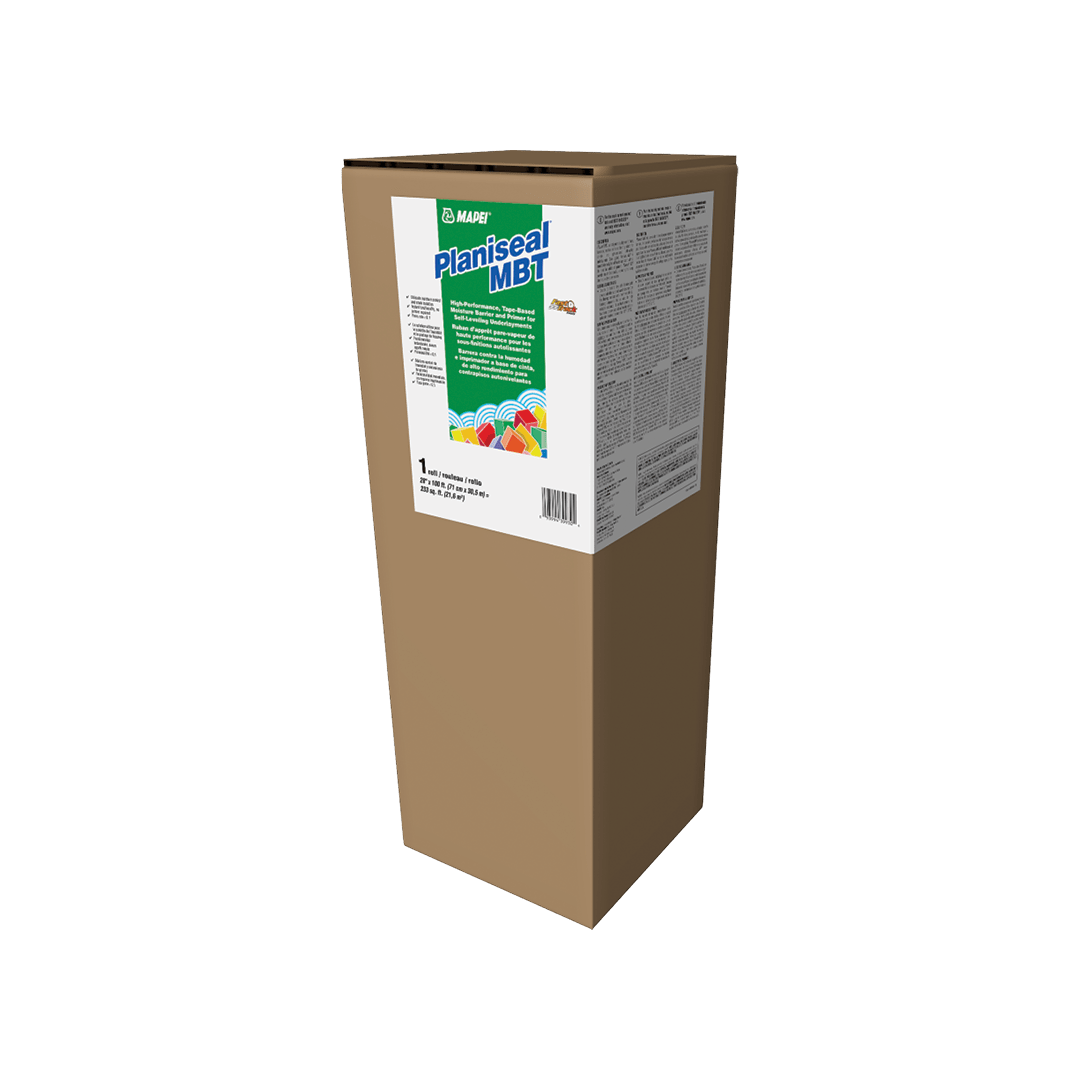
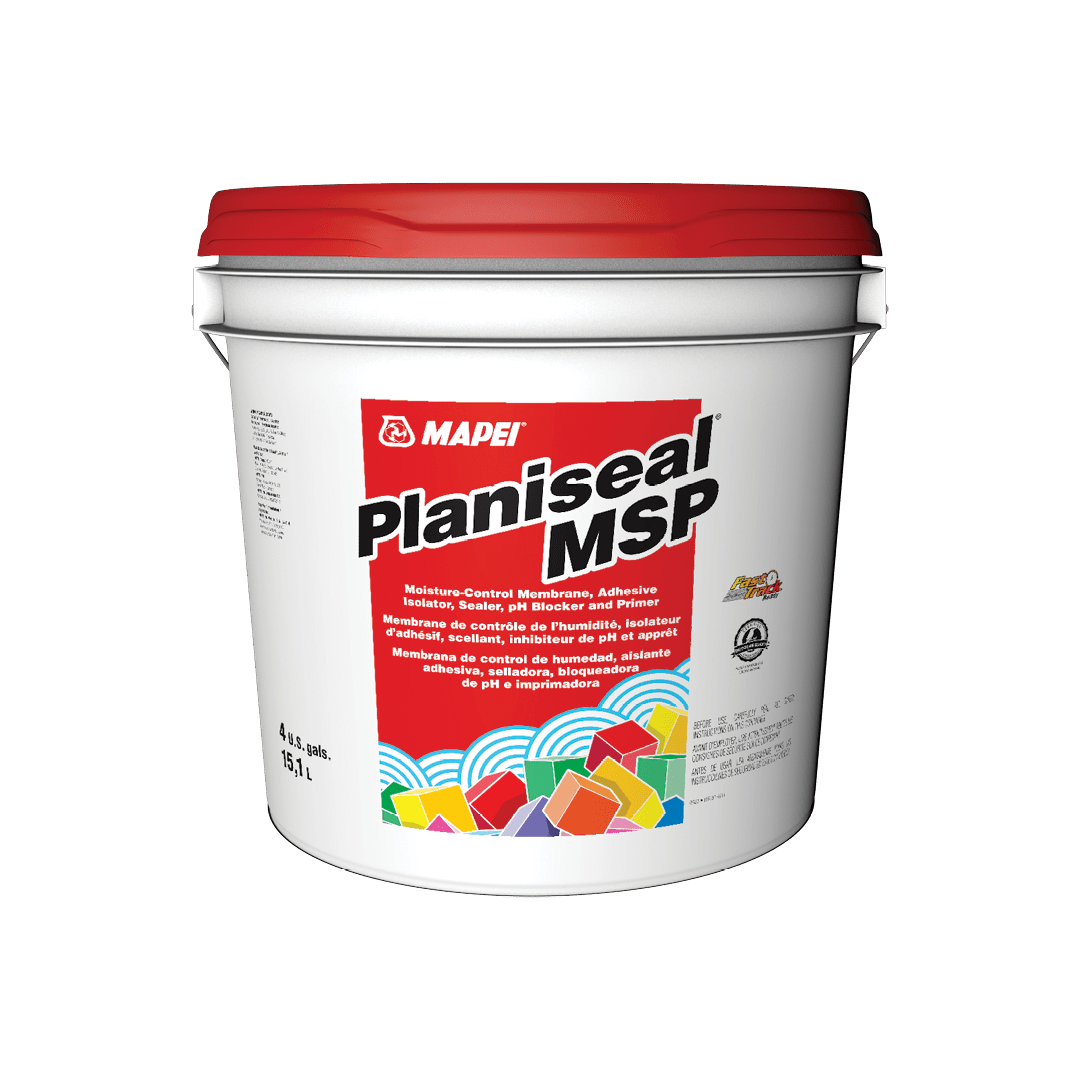
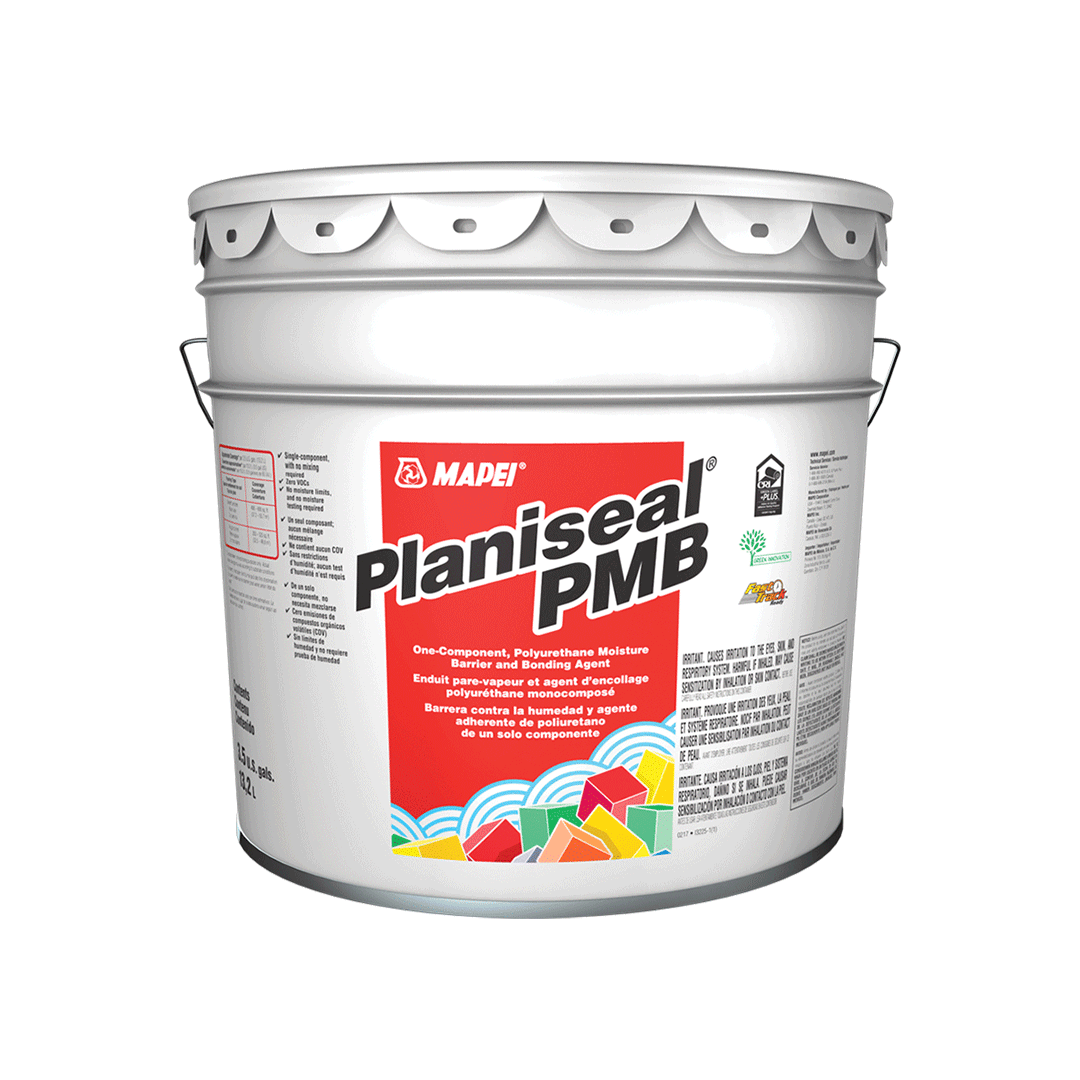
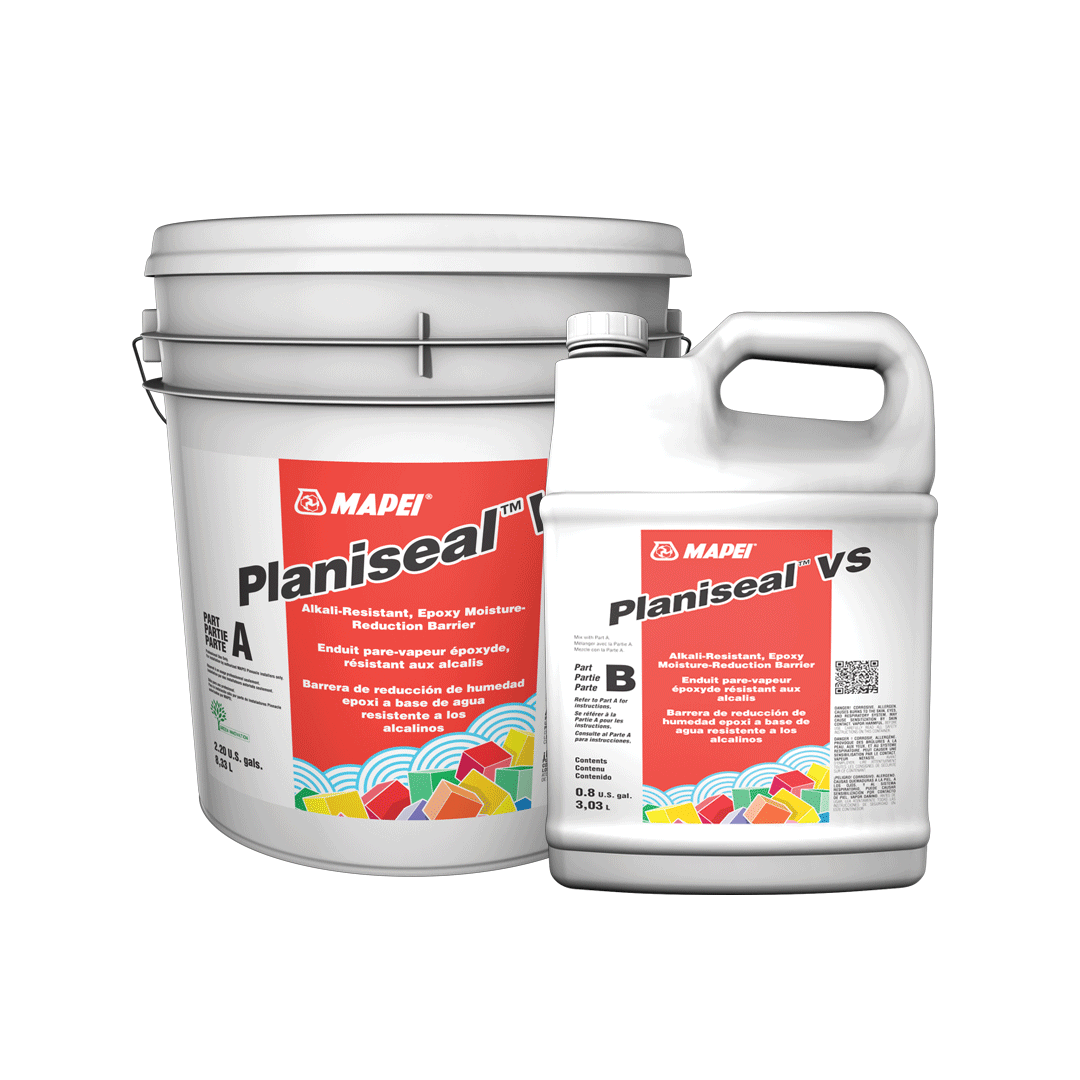
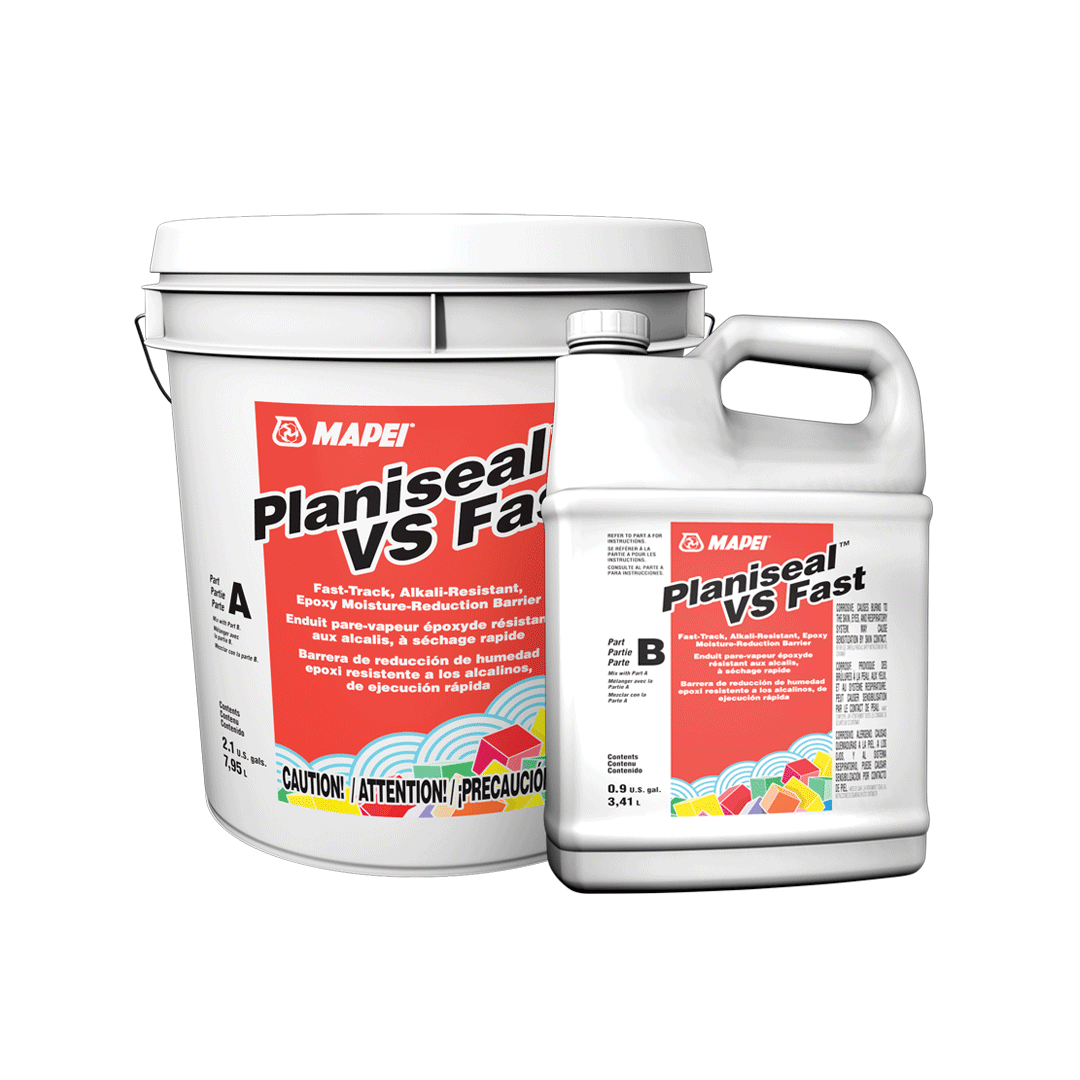
Technical documentation
Technical documentation

Toll-free within Canada:
Technical Services at 1-800-361-9309
Customer Service at 1-800-668-1212
Copyright © 2025 MAPEI Inc. All rights reserved.
2900, avenue Francis-Hughes, Laval (Québec) H7L 3J5